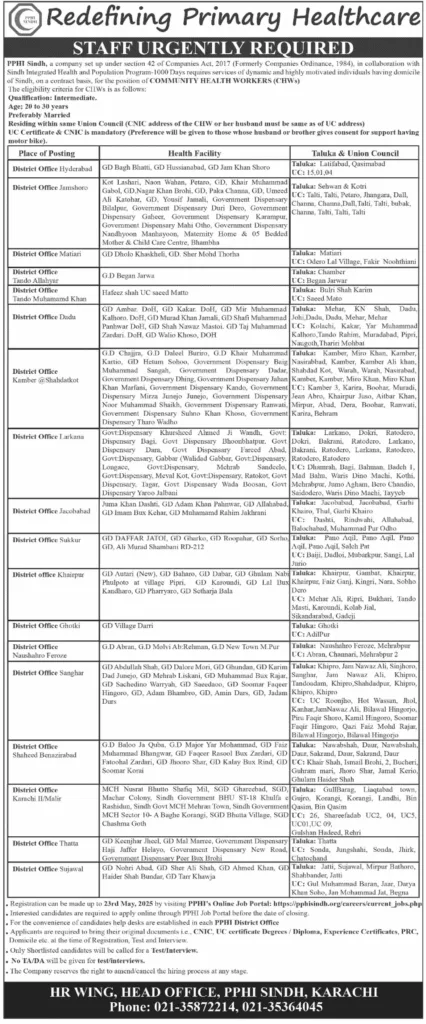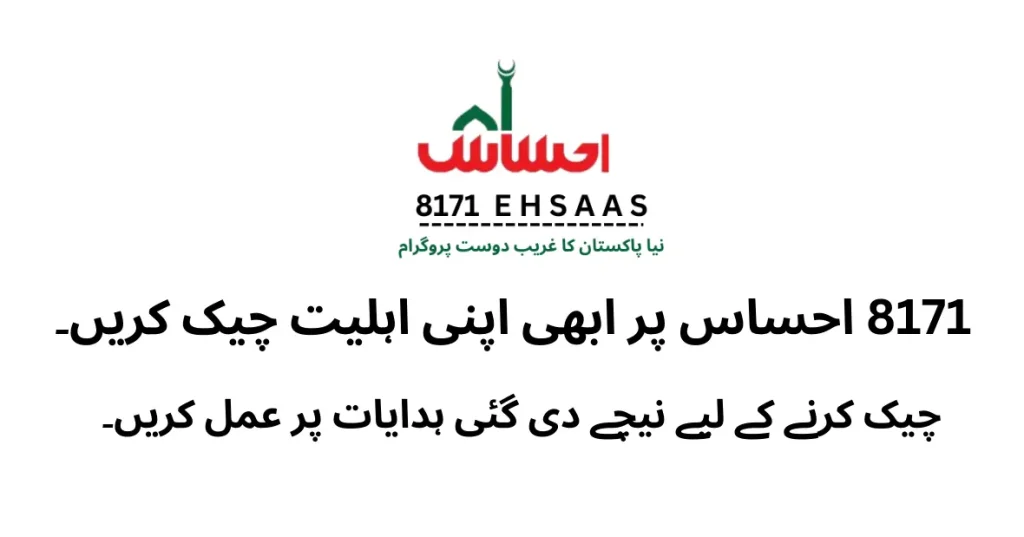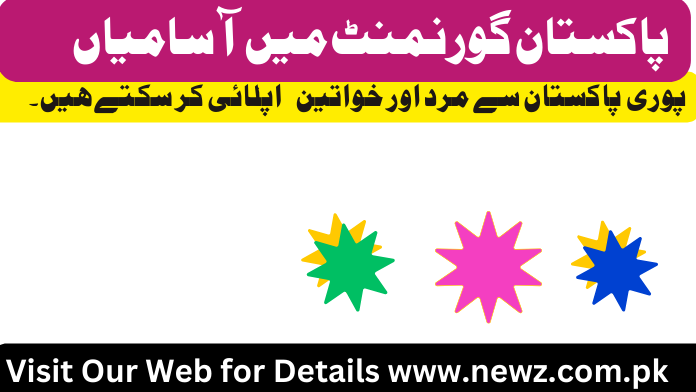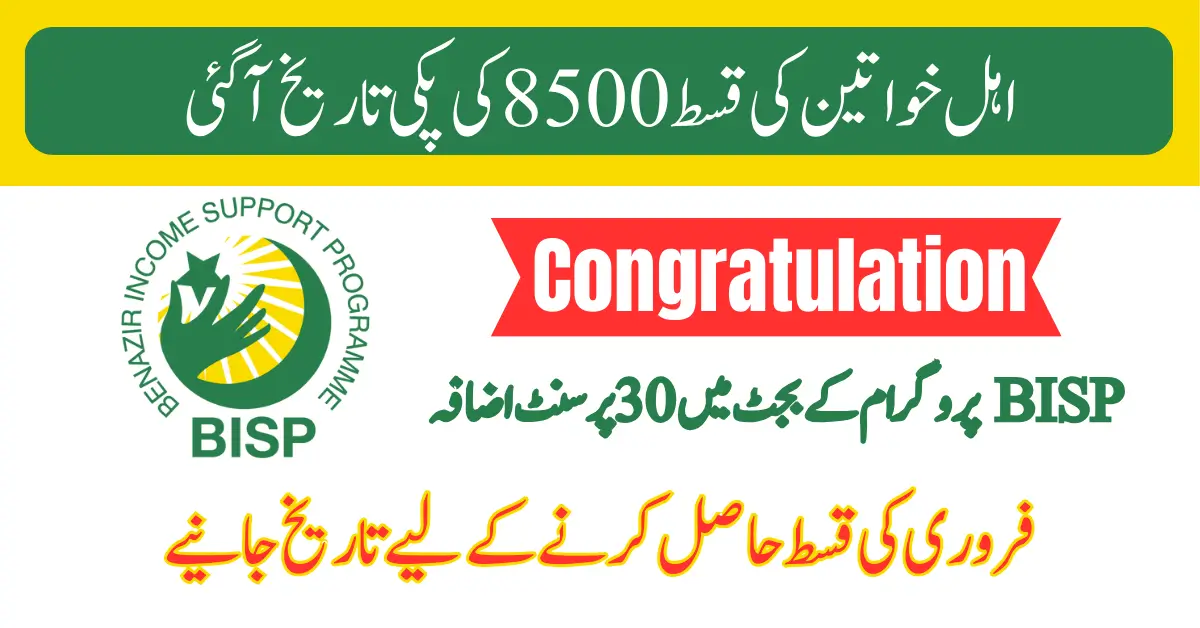Empowering Communities: PPHI Sindh Seeks 3,000 Community Health Workers to Transform Maternal and Child Healthcare
In a landmark initiative to strengthen primary healthcare in rural and urban Sindh, the People’s Primary Healthcare Initiative (PPHI Sindh) has announced a massive recruitment drive for 3,000 Community Health Workers (CHWs). This effort, part of the Sindh Integrated Health and Population Program – 1000 Days Initiative, aims to address critical gaps in maternal and child health services across the province. Targeting local women with a passion for community service, this opportunity not only offers employment but also a chance to become agents of change in underserved areas. Below is a comprehensive guide to the roles, eligibility, application process, and the transformative impact of this initiative.
PPHI Sindh: A Beacon of Hope in Healthcare
Established under Section 42 of the Companies Act, 2017, PPHI Sindh is a nonprofit organization dedicated to revitalizing primary healthcare services in collaboration with the Government of Sindh. Since its inception, it has managed over 1,200 health facilities, including rural health centers, dispensaries, and mother-and-child health units. The 1000 Days Initiative focuses on the critical window from pregnancy to a child’s second birthday, a period vital for reducing maternal mortality, improving nutrition, and ensuring child development.
Job Overview: Community Health Worker (CHW)
Position Title: Community Health Worker (CHW)
Employment Type: Contract-based (renewable based on performance)
Total Vacancies: 3,000
Eligible Gender: Female candidates only
Age Limit: 20–30 years
Application Deadline: May 23, 2025
Eligibility Criteria: Who Can Apply?
1. Educational Qualification
Mandatory: Intermediate (12 years of education) from a recognized board.
Preferred Fields: Biology, Sociology, or Public Health (though not explicitly required).
2. Residency and Mobility Requirements
Candidates must be residents of Sindh province.
Union Council (UC) Matching: Preference given to married women residing in the same UC as the assigned health facility.
A valid CNIC with a UC address (either the candidate’s or her husband’s) is mandatory.
Consent from the husband or brother for mobility support is required.
Ownership of a motorbike by the husband or brother is a plus, ensuring the CHW can travel within the UC.
3. Age Relaxation
No explicit age relaxation is mentioned, but exceptions may apply for candidates with prior healthcare experience.
4. Skills and Attributes
Strong communication skills in local languages (Sindhi, Urdu).
Empathy, cultural sensitivity, and a commitment to community service.
Basic literacy in data collection and reporting.
Mandatory Documents
Candidates must submit the following during registration and interviews:
Computerized National Identity Card (CNIC) with UC address.
Union Council Certificate (proof of residency).
Domicile and Permanent Residence Certificate (PRC).
Intermediate academic certificates and mark sheets.
Experience letters (if applicable).
Districts and Health Facilities: Where Will CHWs Serve?
PPHI Sindh aims to deploy CHWs across 18 districts, focusing on remote and high-need areas. Below is a regional breakdown:
| Region | Districts | Key Talukas/UCs |
|---|---|---|
| Central Sindh | Hyderabad, Jamshoro, Matiari, Tando Allahyar, Tando Muhammad Khan | Latifabad, Kotri, Sehwan, Hala |
| Northern Sindh | Larkana, Kamber Shahdadkot, Jacobabad, Shikarpur, Sukkur, Khairpur, Ghotki | Ratodero, Miro Khan, Gambat, Mehrabpur |
| Southern Sindh | Dadu, Thatta, Sujawal, Karachi (Malir) | Johi, Jatti, Korangi, Bin Qasim |
| Eastern Sindh | Sanghar, Shaheed Benazirabad (Nawabshah), Naushahro Feroze | Khipro, Daur, Moro |
Health Facilities Include:
Rural Health Centers (RHCs)
Government Dispensaries
Mother and Child Health (MCH) Units
Basic Health Units (BHUs)
Key Responsibilities: What Will CHWs Do?
CHWs will act as frontline health advocates, bridging the gap between communities and formal healthcare systems. Their duties include:
Health Education: Conduct sessions on antenatal care, nutrition, family planning, and hygiene.
Maternal and Child Health Support:
Identify pregnant women and ensure they register for antenatal checkups.
Promote institutional deliveries and postnatal care.
Monitor child growth and immunization schedules.
Outreach Programs: Assist health facilities in organizing vaccination drives, nutrition camps, and health screenings.
Data Collection: Maintain records of pregnancies, births, immunizations, and health challenges in the UC.
Community Engagement: Build trust with local leaders, families, and women to foster health-seeking behaviors.
Reporting: Submit weekly/monthly reports to supervisors using standardized formats.
Why This Role Matters: The Bigger Picture
Sindh faces stark healthcare disparities:
Maternal Mortality Rate (MMR): 157 deaths per 100,000 live births (higher than the national average).
Child Stunting: 48% of children under 5 suffer from stunted growth due to malnutrition.
Immunization Coverage: Only 66% of children receive full vaccinations.
CHWs are pivotal in addressing these challenges. By working directly within communities, they can:
Reduce preventable deaths through early intervention.
Empower women with knowledge about health and rights.
Strengthen the government’s ability to track health trends and allocate resources.
Application Process: Step-by-Step Guide
1. Online Registration
Visit the PPHI Sindh Job Portal: https://pphisindh.org/careers/current_jobs.php.
Create an account using a valid email and mobile number.
Fill in personal, educational, and residency details.
2. Document Upload
Scan and upload all mandatory documents (CNIC, domicile, certificates).
3. Submission
Review the application for accuracy.
Submit before the deadline: May 23, 2025.
4. Help Desks
Candidates needing assistance can visit PPHI district offices. Addresses are listed on the official website.
5. Screening and Interviews
Shortlisted candidates will undergo written tests (basic literacy and health knowledge).
Interviews will assess communication skills and commitment to community service.
Preparing for Success: Tips for Applicants
Understand the Role: Research PPHI Sindh’s mission and the 1000 Days Initiative.
Organize Documents: Ensure all certificates and UC proofs are up-to-date.
Practice Communication: Prepare to discuss how you’ve contributed to your community.
Leverage Local Networks: Engage with existing CHWs or health volunteers for insights.
Challenges and Considerations
Mobility Constraints: Rural postings may require travel on difficult terrain.
Cultural Barriers: Overcoming stigma around family planning or vaccinations.
Documentation: Strict verification processes may delay applications.
The Ripple Effect: How CHWs Transform Communities
Amina, a hypothetical CHW in rural Thatta, exemplifies this impact:
Year 1: Conducts 50 health sessions, leading to a 30% increase in antenatal registrations.
Year 2: Mobilizes communities to build a clean water facility, reducing diarrheal diseases.
Long-Term: Inspires young girls to pursue healthcare careers.
Conclusion: A Call to Action
PPHI Sindh’s recruitment drive is more than a job opportunity—it’s a chance to be at the forefront of a healthcare revolution. For women in Sindh, this role offers financial independence, skill development, and the pride of serving their communities. With the deadline approaching, eligible candidates are urged to act swiftly.
Apply today and become a catalyst for healthier futures in Sindh!
Contact Information:
HR Wing, PPHI Sindh Head Office
Address: Karachi, Sindh
Phone: 021-35872214, 021-35364045
Website: www.pphisindh.org
Note: All details are based on the official PPHI Sindh job notice. Applicants should verify updates on the portal.






